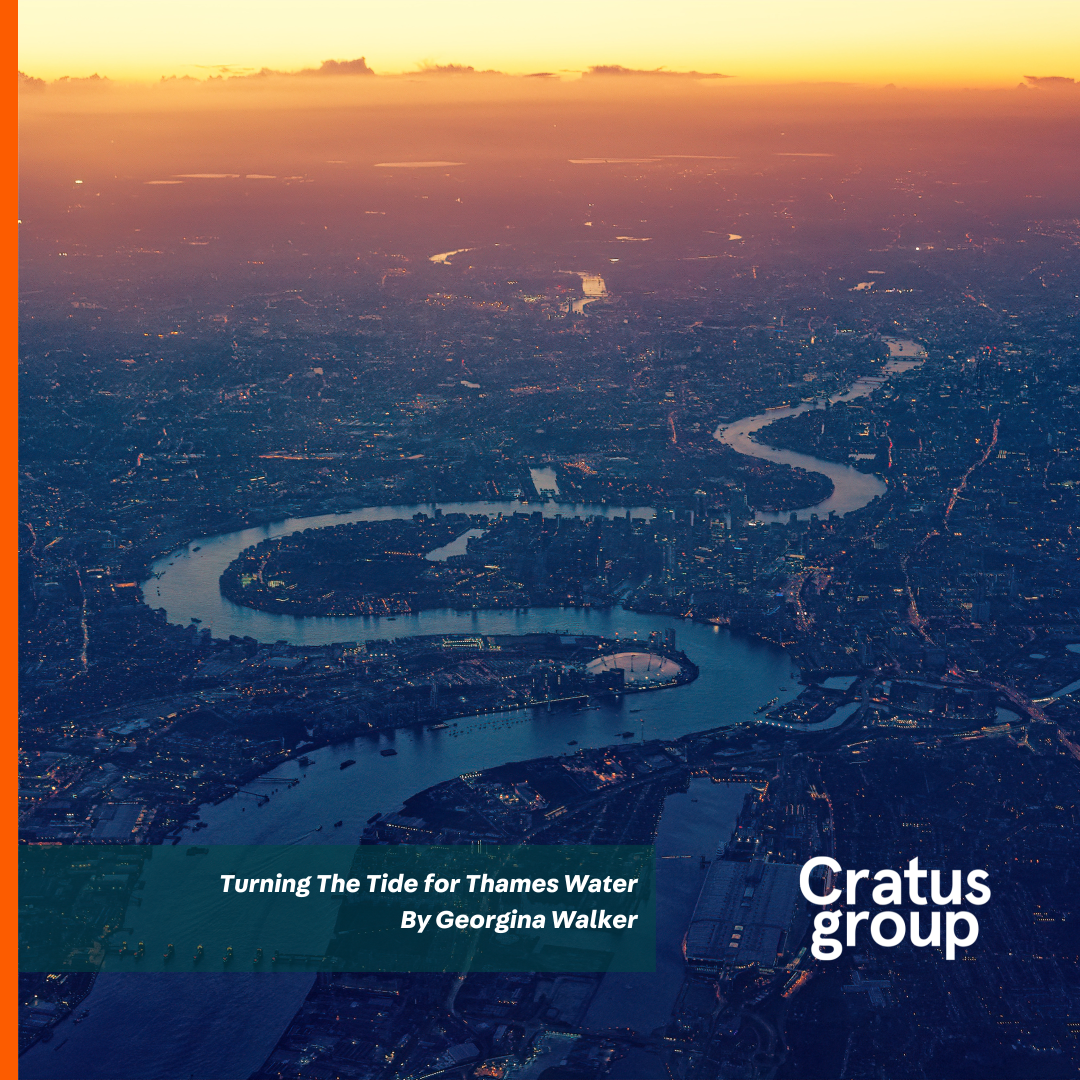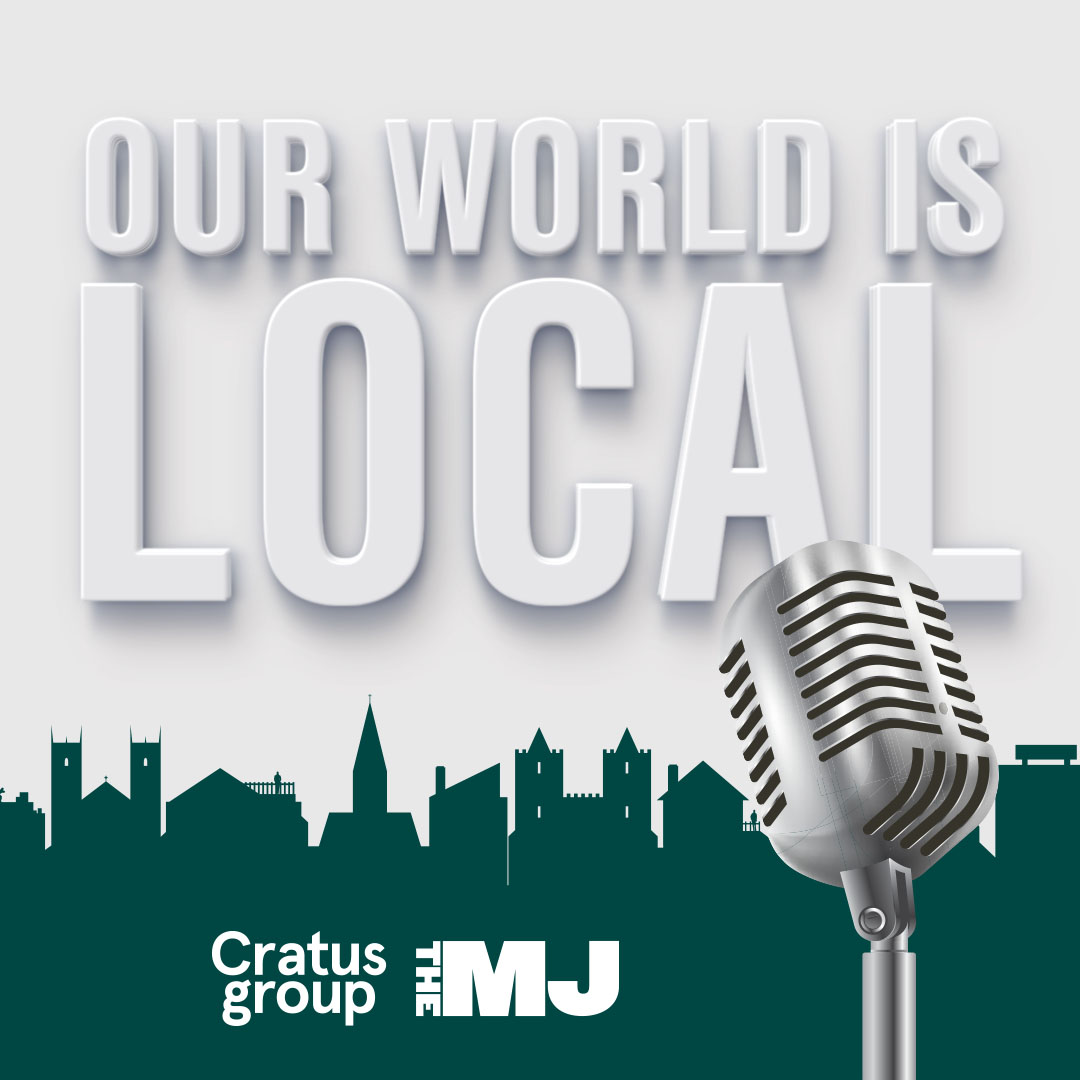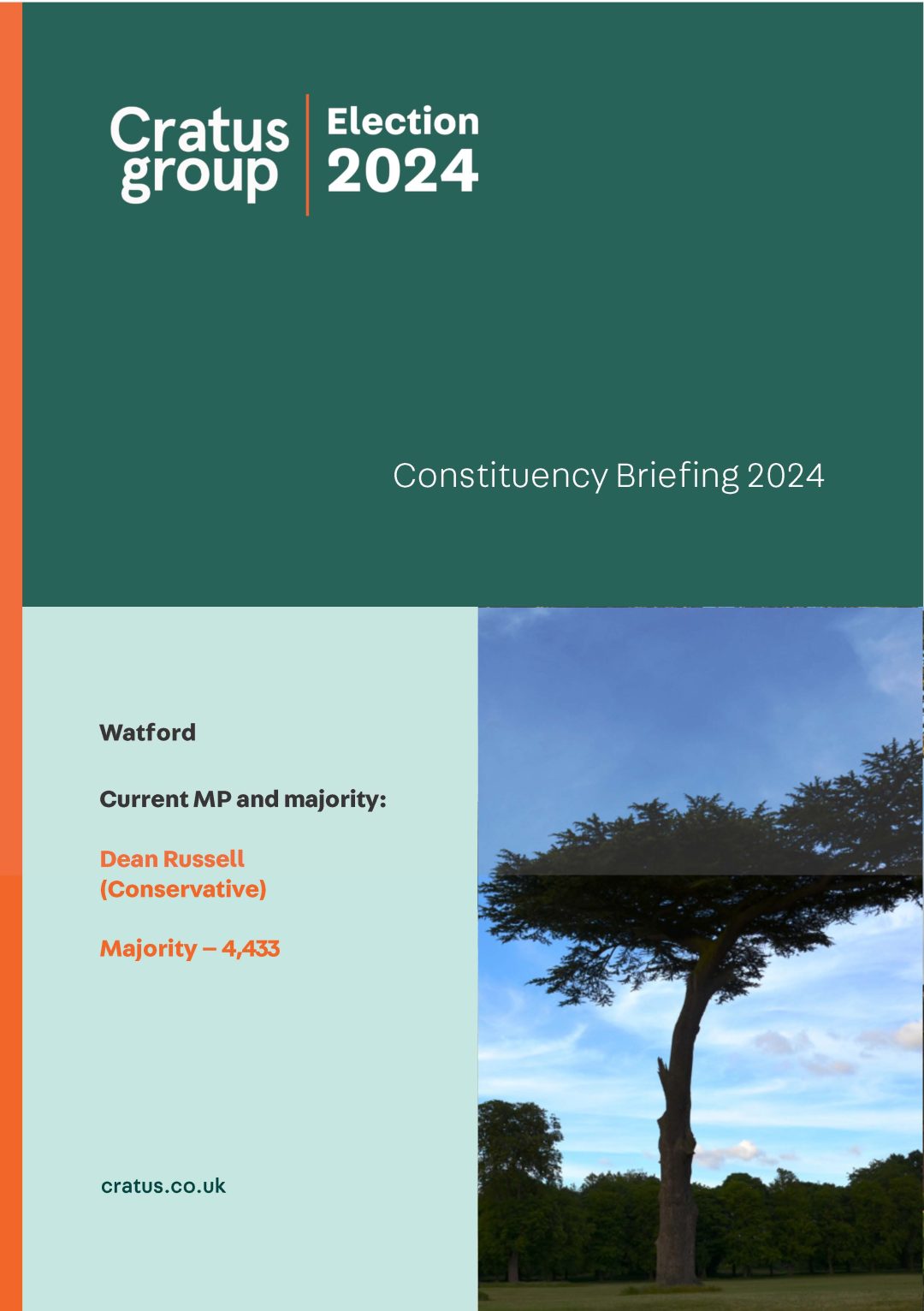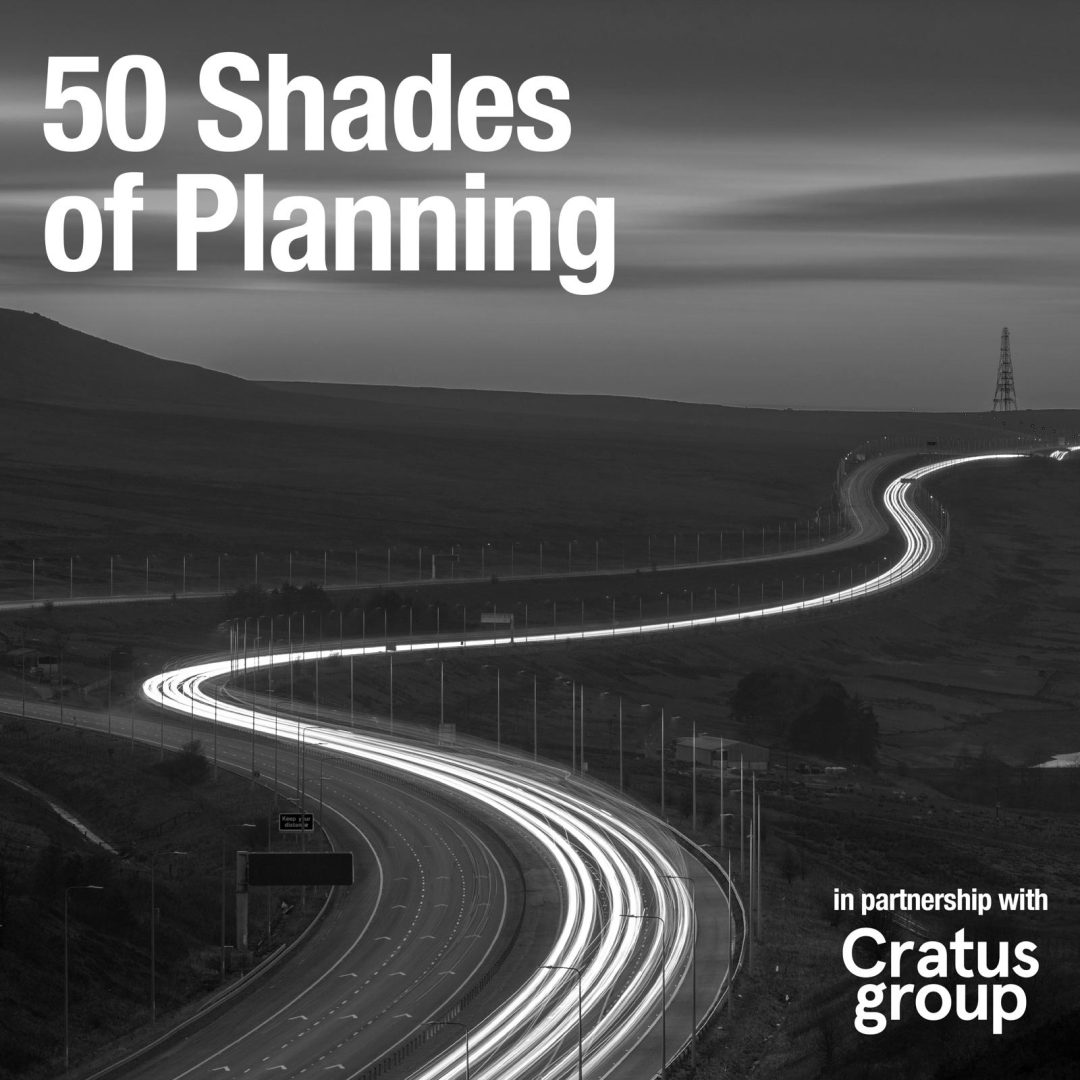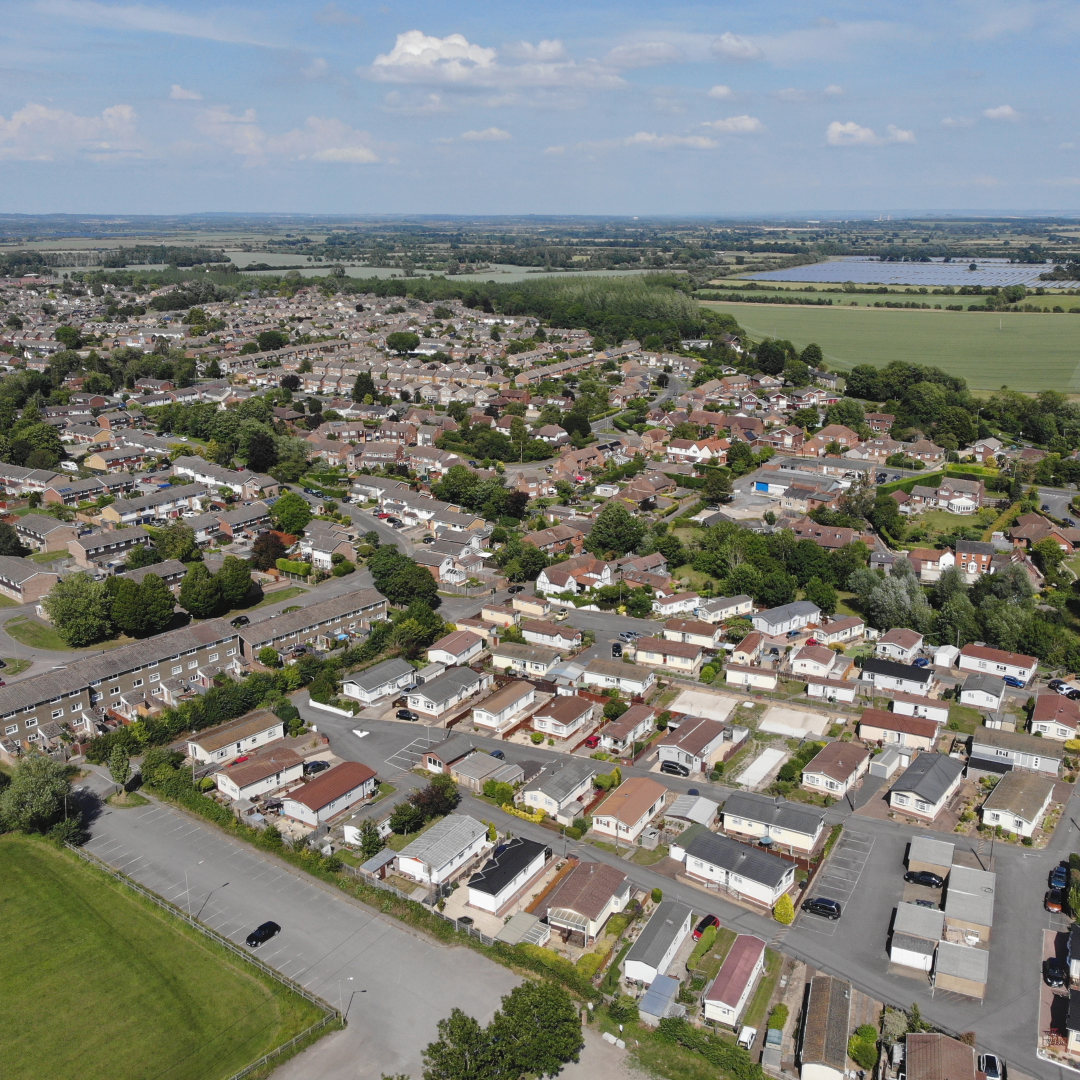Will the High Street be the final casualty of Covid-19?
- Photo by Stewart Turkington
- Article by Wokingham Borough Councillor Charlotte Haitham Taylor
Covid-19 brutally exposed the high street’s underlying health conditions: overweight with empty properties, doddering along with frail elderly infrastructure, and scarred by chronic deprivation and underinvestment. Many town centres were in the economic ICU long before the virus arrived.
The lockdown, meanwhile, showed us how youthful online retailers could shrug off the coronavirus asymptomatically – their delivery networks and online portals powering recovery and growth.
Surely, then, council-led urban regeneration schemes are now outmoded and irrelevant? Perhaps not. Local Authorities have always been about place making in good times and bad. We have rebuilt our communities many times over from pandemics and wars. In Wokingham, the coronavirus came three-quarters of the way through our town centre regeneration. Our £125m scheme had set out to rescue this attractive Berkshire market town from a long-term lack of investment and a steepening path of decline. Wokingham had a limited mix of leisure and retail offers, low-quality and dated commercial stock, and poor public realm and open spaces. Cars dominated the town whilst also getting stuck driving in and out of it.
These issues, plus increased competition from revitalised neighbouring towns, meant Wokingham had to adapt or die. Our regeneration aimed to deliver an 18-hour economy with attractively designed high-quality buildings and public spaces, to encourage people into the town and support a renewed sense of community.
Wokingham’s scheme has delivered in spades: increased space for outdoor markets with a new pedestrianised square, a landscaped park for events, and an accessible play park. We carefully curated our architecture and our retail offer with 9,000m2 of attractive new space – not only incorporating high street brands but also destination local independents to differentiate from our neighbours. The regeneration will also deliver hundreds of well-designed new homes, ensuring that the centre remains active after hours and providing a great live/work environment for the post-Covid-19 era of working from home.
Our ability to flex the retail/residential mix means we can configure Wokingham for whatever lifestyles the future brings, whilst respecting our distinctive architectural heritage. Catering for a future where people stay close to home and travel less, we offer a wide variety of bars and restaurants, a boutique Everyman cinema, and a new bowling alley, hotel, and supermarket. Not only does our town now look great, it is also easier to navigate on foot and by car, with improved access from outside and new multi-storey parking that doesn’t resemble a Crimewatch reconstruction. The final phase of the regeneration is just starting now, with construction of a large leisure centre, pool, spa, and library complex.
Pre-Covid-19, footfall in the town was up 10% from before the regeneration. National recognition was rolling in, including from The Sunday Times, who singled out Wokingham as one of Britain’s most thriving communities (October 2019). Latterly, our scheme had won the ‘Excellence in Planning for a Successful Economy’ category at the Royal Town Planning Institute Awards for Planning Excellence 2020.
Then came the coronavirus and the shutdown. In April, the volume of retail sales fell 18.1% across the UK – the biggest fall on record. Consumers switched to online shopping, which in April reached its highest levels ever, at 30.7% of retail sales.
We knew that if we wanted to see our town come through this, we had to be there for our retail tenants. Not only can local authorities help in this way, but so can responsible landlords with schemes like deferred rents, advertising in local media, and sourcing signage to ease opening and adherence of social distancing.
As a council, we contacted all businesses eligible for help and processed their applications for business rate relief grants quickly, enabling many to get through the darkest weeks when otherwise they might have failed. To date, we have given out over £17m to 1,303 local businesses.
ONS data from the last few days of May indicate that 40% of people now feel safe visiting shops. In preparation for many stores reopening on 15th June, we have been planning how we can welcome people back to the town safely to shop locally. We are narrowing roads, widening footpaths, and enabling safe queuing to access stores.
The future success of the high street is dependent not just on the next few weeks and months, but on consumers’ confidence in the longer-term economic health of the country and their personal circumstances. Fortunately, Wokingham Borough has one of the highest levels of tech industry and employment in the country, so our local economy is resilient.
With 8.9 million workers furloughed, others on reduced income, many still working from home, and most children still not back at school, it will be a slow road to recovery and confidence in spending.
I am optimistic about the future of our town and if we had to go back to the start and do it all again, I would do so without any hesitation. Councils should feel compelled to keep investing in their communities and must rediscover their mojo post-lockdown to keep our high streets open and relevant for tomorrow.

